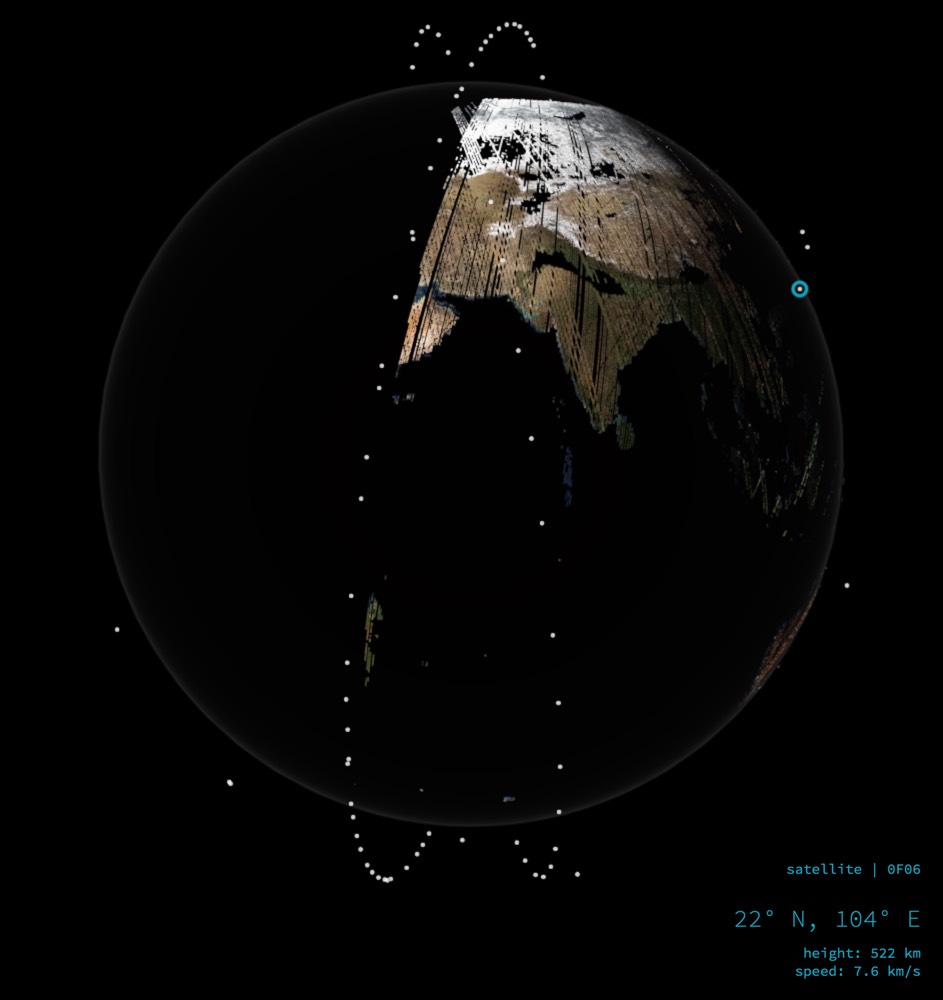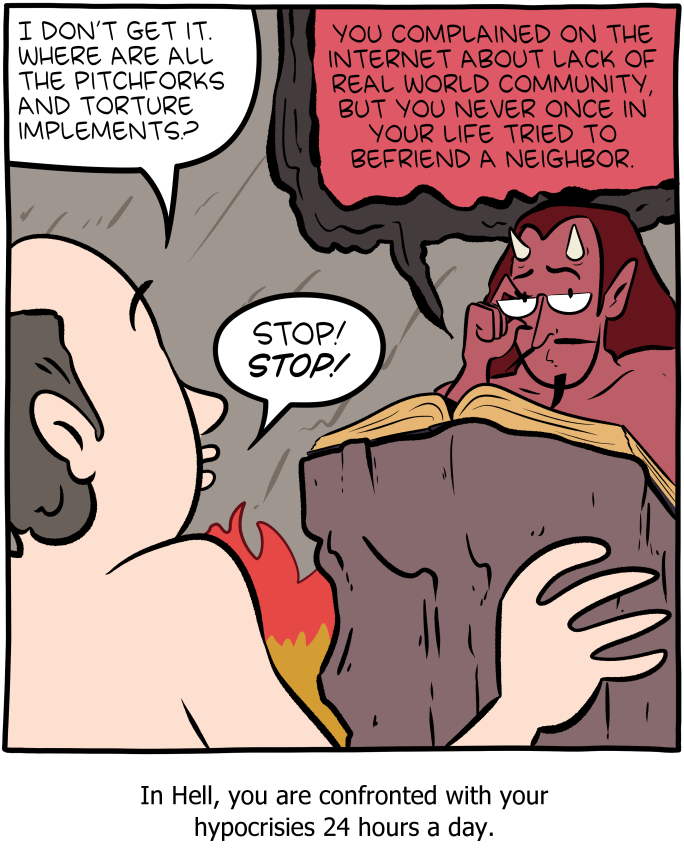Linus Akesson noticed that without the benefit of the acoustical properties of massive churches, the sound that comes out of organ pipes sounds tinny, like 8-bit chiptune sounds.
Back in 2008 I had an epiphany about church organs: At least in theory, organ pipes produce very simple waveforms, much like 8-bit sound chips do-and the reason church organs don’t sound like chiptunes is primarily because of the acoustics of the church.
Thinking that process could be reversed, he remapped the keys of a Commodore 64 so he could play it like an accordion, ran it though a reverb machine, and created the sixtyforgan. The Bach piece he plays at the end of the video above (and a different Bach piece here) sounds so much like it’s being played on an organ.
See also Hear How Choral Music Sounded in the Hagia Sophia More Than 500 Years Ago (in which a filter is applied to choral music to make it sound as though it’s being sung in a cavernous church). (via @emanuelfeld)
Tags: audio Commodore 64 Linus Akesson music remix video


 Yes, my fellow book lovin' nerds, this house was A FREAKING LIBRARY.
Yes, my fellow book lovin' nerds, this house was A FREAKING LIBRARY.
